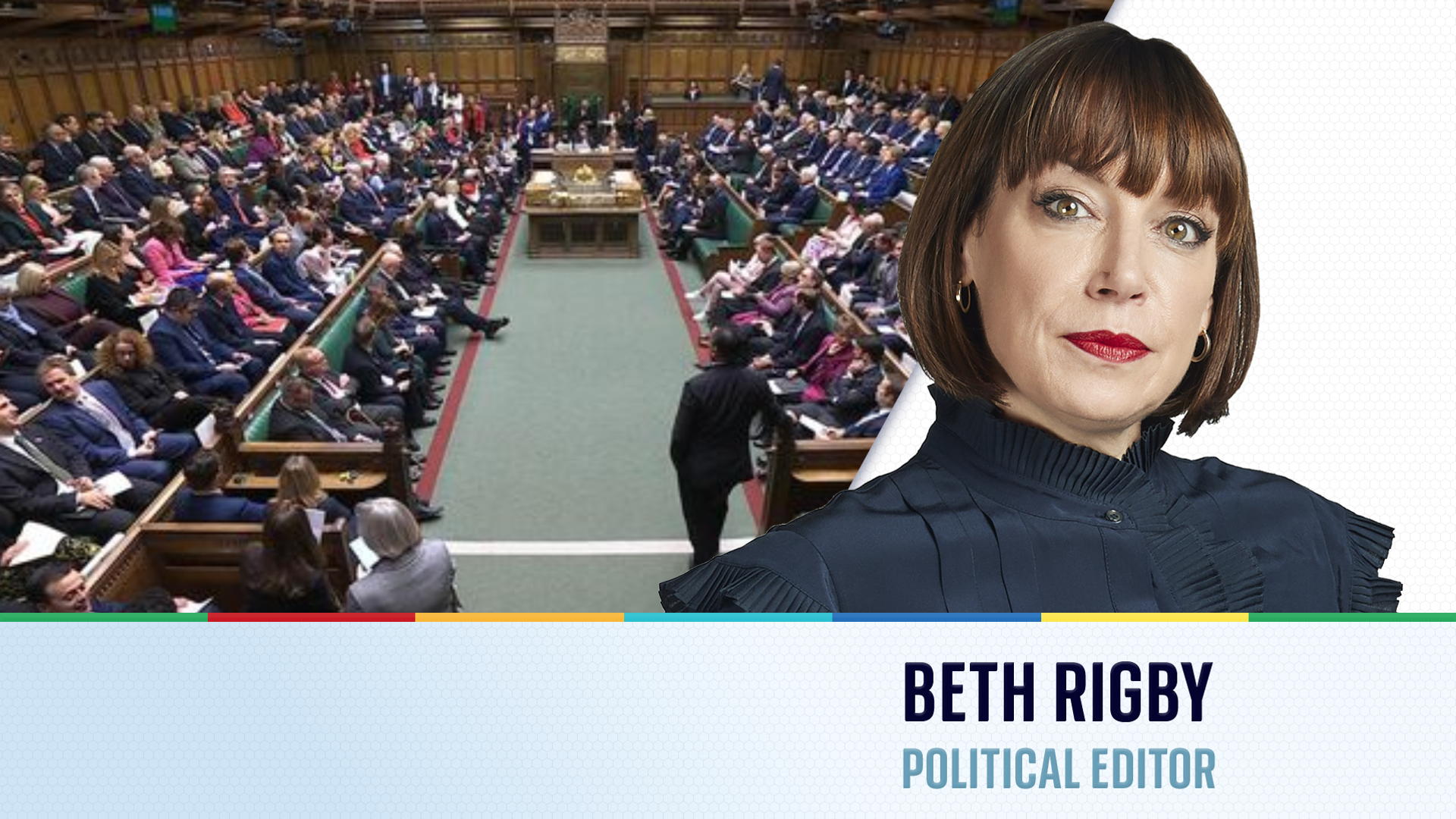
The BDN Opinion section operates independently and does not set newsroom policies or contribute to reporting or editing articles elsewhere in the newspaper or on bangordailynews.com.
Matthew Gagnon of Yarmouth is the chief executive officer of the Maine Policy Institute, a free market policy think tank based in Portland. A Hampden native, he previously served as a senior strategist for the Republican Governors Association in Washington, D.C.
Usually politicians love to be first. Barack Obama was the first African-American president. George W. Bush was the first chief executive with an MBA. Bill Clinton was the first Baby Boomer president, John Kennedy was the first Catholic, and Franklin Roosevelt was the first to serve more than two full terms.
Not all firsts are good, of course. On Thursday of last week we got a new first: The first ex-president to be indicted on federal charges.
Donald Trump was arraigned in Miami Tuesday on 37 counts of mishandling classified documents.The indictment outlines in detail the government’s case against Trump, which is far more serious and legally threatening than those that came from the indictment in New York earlier this year.
Interestingly, prior to the indictment, Trump’s 2024 Republican rivals had been hesitant to openly attack him with any degree of strength. When Trump was indicted in the New York case earlier this year, most of them defended him.
Yet flash forward to today, and some like Tim Scott and Nikki Haley are sounding more critical. Scott said this week that the federal charges were a “serious case with serious allegations.” Haley said that “if what it says is actually the case, President Trump was incredibly reckless with our national security.”
Ron DeSantis, Trump’s supposed chief rival, has chosen a different approach, attempting to tap into Republican feelings of anger and frustration over the uneven application of justice in the political arena. Earlier this year he accused Manhattan District Attorney Alvin Bragg of “weaponizing” his office “to impose a political agenda on society at the expense of the rule of law and public safety.”
DeSantis believes that to convince the GOP base that he is Trump without all the problems, he can’t be directly antagonistic to Trump. Yet by failing to challenge him, he risks the very real possibility that he looks weak and afraid. This for DeSantis undercuts the core thesis of his candidacy: political bravery.
He made his career by putting himself out on a limb and taking a chance on COVID policy, making hard, politically risky decisions. He won admirers for being willing to say the things that others didn’t have the courage to say, and making decisions others were too timid to make.
Yet in response to the federal charges, DeSantis has chosen to once again pass on criticizing his rival. Instead he has decided to retreat to the safest ground possible: attacking Hillary Clinton. “Is there a different standard for a Democrat[ic] secretary of state versus a former Republican president?” DeSantis recently said.
In his defense he is right to point out the hypocrisy in the non-prosecutions of powerful politicians of the left. He is right to say that “there needs to be one standard of justice in this country” rather than “one faction of society weaponizing the power of the state against factions that it doesn’t like.”
But when one of my children gives me the “but he did it too” defense, I don’t pretend that they didn’t do whatever it was they did. “That isn’t an excuse,” is my standard answer.
DeSantis — and the other GOP candidates as well — need to start actually addressing what Trump did and didn’t do, and registering an actual opinion about it. If you think he shouldn’t be prosecuted on the merits, so be it. Say so. If you think what he did should be a crime for your worst enemy, you think it should be a crime for him too. Say so.
This is especially necessary for DeSantis, as he accidentally boxed himself into a corner while he was trying to deflect. “As a naval officer,” he said, “if I would have taken classified [documents] to my apartment, I would have been court-martialed in a New York minute.” This logic is just as applicable to Trump as it is to Clinton.
The question is simple: If you have a problem with Clinton, or President Joe Biden and his boxes of documents in the garage, are you really going to say you don’t have a problem with Trump?
If so, what you are saying is that it is impossible to hold anyone to account in this country anymore. We now live in a place where one side allows the allegedly criminally corrupt to escape justice, and the other side refuses to even acknowledge or criticize their own doing the same.
That is not a society that can long endure. The only solution here is for all of us to judge the alleged crimes of our friends at least as harshly as we judge those of our enemies. But in a world of permanent recrimination and tribalism, is that kind of thing ever going to be possible?










